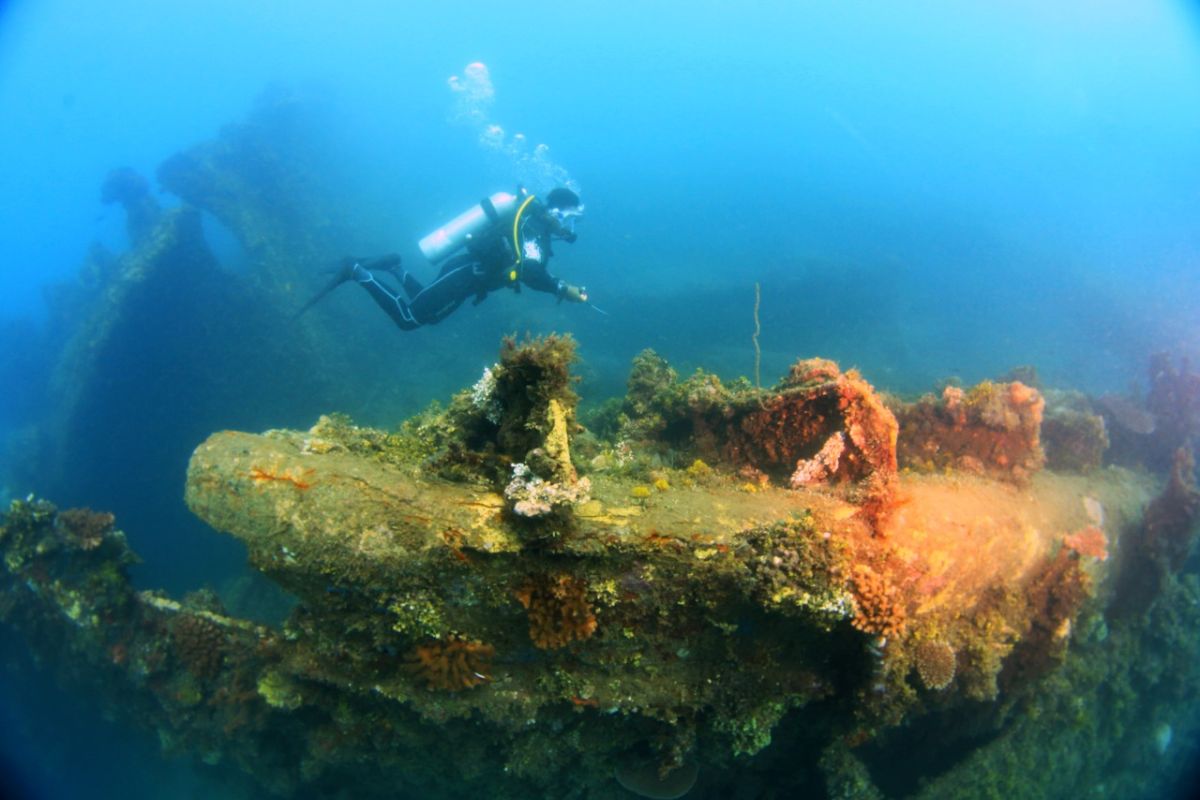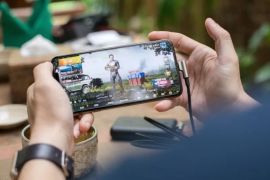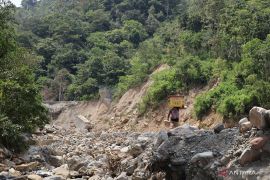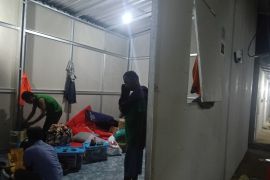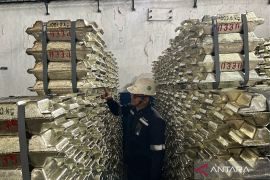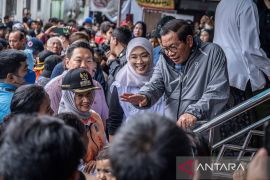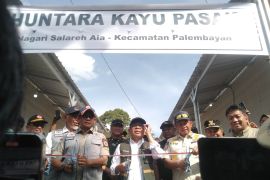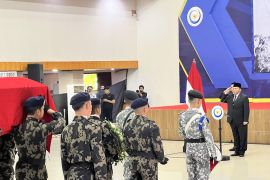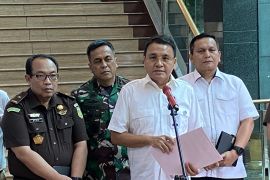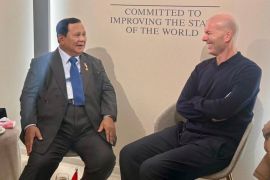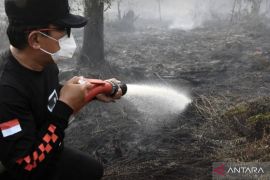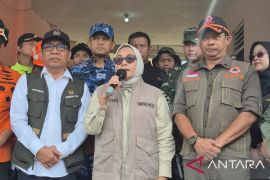More than 900 ships and BMKT sites are recorded in Government Regulation Number 32/2019.Jakarta (ANTARA) - The Indonesian government is drafting a regulation on the retrieval of valuable objects from sunken ships (BMKT) and their utilization, which the Marine Affairs and Fisheries Ministry expects will contribute to sustainable marine development.
"It will regulate the mechanism for retrieval, on-site and off-site utilization, and utilization status finalization of BMKT," acting Director General of Marine Spatial Management at the ministry Pamuji Lestari said in a statement here on Thursday.
The sunken ships can be developed into local community business since BMKT investment has been regulated by Government Regulations Number 5/2021 concerning Risk-Based Business Licensing, she added.
Furthermore, the ministry currently manages more than 200 thousand BMKT collections retrieved from Indonesian waters, dating from the 9th–18th centuries, she informed.
They are exhibited at the ministry’s Marine Heritage Gallery and stored at the Cileungsi Warehouse, which can be accessed openly by the public, she said.
In addition, the ministry has determined an Australian ship that sank during World War II in Banten Bay as a Maritime Conservation Area, which can be visited by divers who are interested in historical sites, Lestari added.
Meanwhile, the Director of Marine Services at the ministry, Miftahul Huda, said that BMKTs are marine resources that have economic, historical, cultural, and scientific value.
Hence, their use needs to be measured, he added. BMKT management includes ships, cargo, and locations, he noted.
"More than 900 ships and BMKT sites are recorded in Government Regulation Number 32/2019 concerning Marine Spatial Planning, while 463 of them are predicted to have historical value,” the director informed.
Twenty-five percent of the locations have been surveyed and valuables from three percent of them have been retrieved. In addition, around 15–30 sites have the potential to be developed into diving tourism attractions, he added.
Head of the ministry's Research Center for Coastal Resources and Vulnerability (LRSDKP), Bungus sub-district, Padang city, West Sumatra, Nia Naelul Hasanah Ridwan, said that marine tourism is the largest segment in the sector.
Hence, tourism development must be part of integrated coastal area management to help preserve vulnerable ecosystems and promote a blue economy, she added.
"Introducing BMKT as one of the marine resources is in line with Marine Affairs and Fisheries Minister Sakti Wahyu Trenggono’s policy to manage marine resources wisely while still maintaining their sustainability and economic values," she remarked.
Related news: Indonesian marine products displayed at 2020 Dubai Expo
Related news: Govt to enforce stringent measures against fisheries import violations
Related news: Ministry to build national shipping through merchant marine education
Translator: Razi Rahman, Uyu Liman
Editor: Sri Haryati
Copyright © ANTARA 2021
